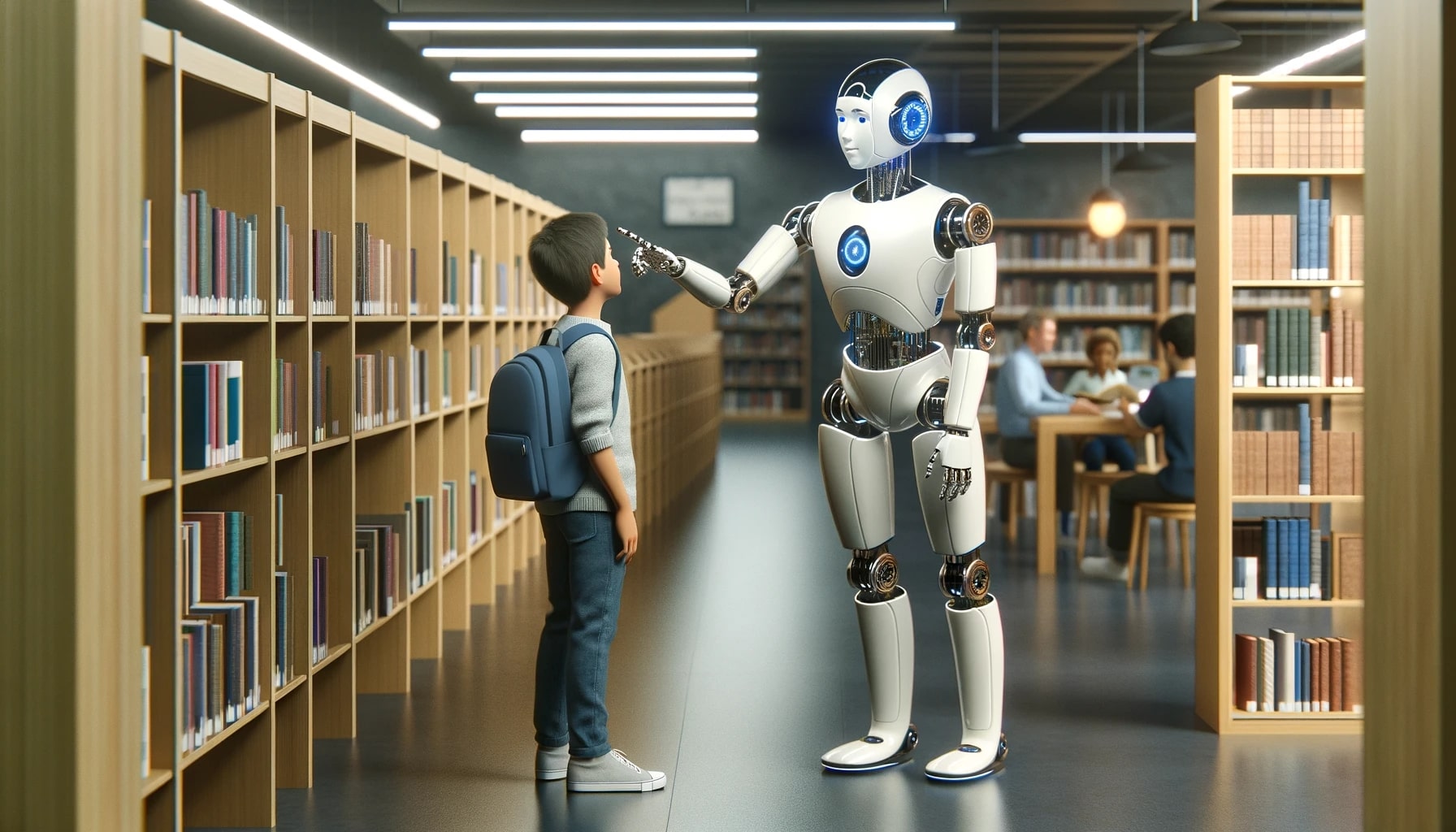A recent survey by the Higher Education Policy Institute (Hepi) has discovered a significant trend among UK undergraduate students using artificial intelligence (AI) technology to aid their studies. Out of 1,000 participants, 53% reported utilizing AI tools for tasks that are evaluated, with 25% specifically naming platforms like Google Bard and ChatGPT to generate ideas for their work.
Academic Integrity Concerns Arise
The integration of AI into educational practices has raised red flags, particularly with 5% of students confessing to directly copying text generated by AI into their assignments. Issues surround the responsibility in using AI as a tool rather than a crutch, and the potential for AI-generated content to contain errors or ‘hallucinations’—false information or fabricated data.
Andres Guadamuz, a specialist in Intellectual Property Law at the University of Sussex, sheds light on the matter by discussing the importance of guiding students in the responsible use of AI. He emphasizes the need for educators to proactively address the challenges presented by AI’s limitations, especially in relation to the accuracy and authenticity of the content it generates.
AI as an Educational Tool
Beyond the student body, AI is also being evaluated for its potential to support teachers in creating lesson plans and other educational materials. This aspect is part of a broader study by the Education Endowment Foundation (EEF), a charity focused on equalizing educational opportunities for students irrespective of family income. The EEF expresses excitement for the prospective benefits of AI in teaching but cautions that empirical research on its effectiveness is still nascent.
Becky Francis, EEF’s chief executive, points out the lack of substantial evidence on the impact of AI on teaching practices and anticipates the trial’s outcomes to contribute meaningfully to the understanding of AI as a pedagogical tool.










